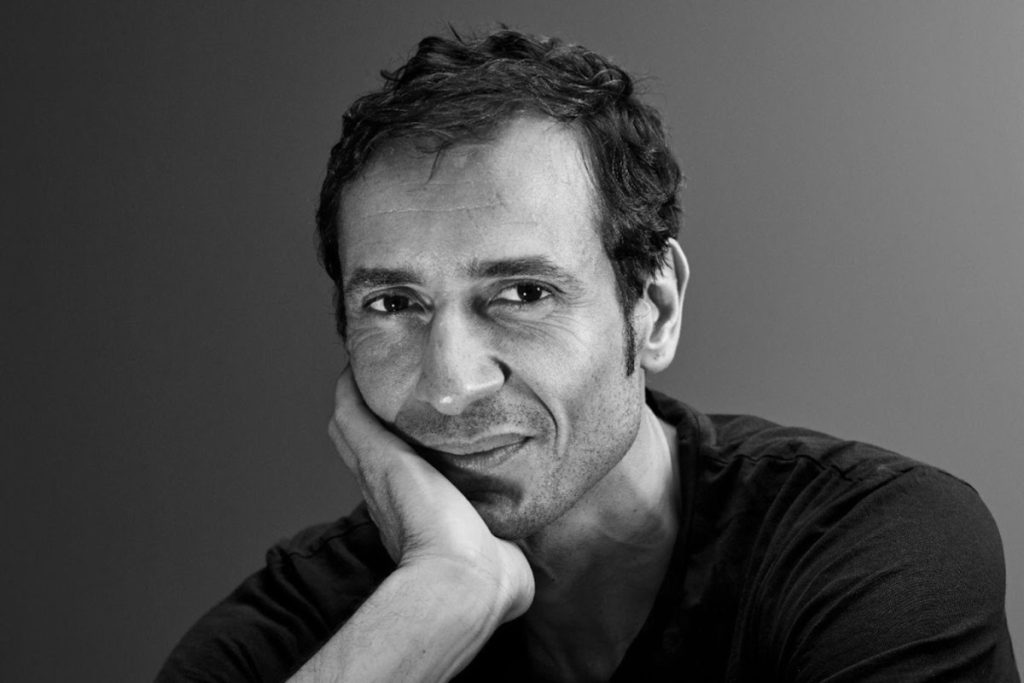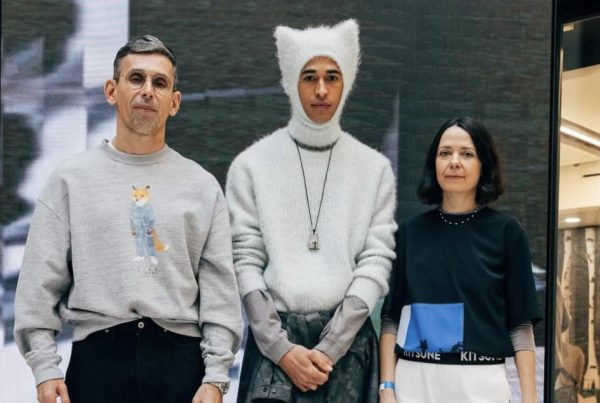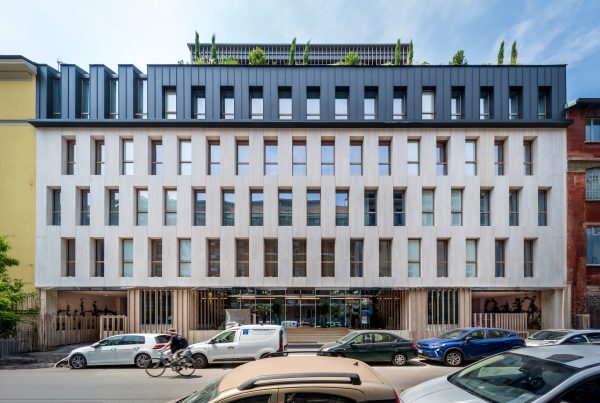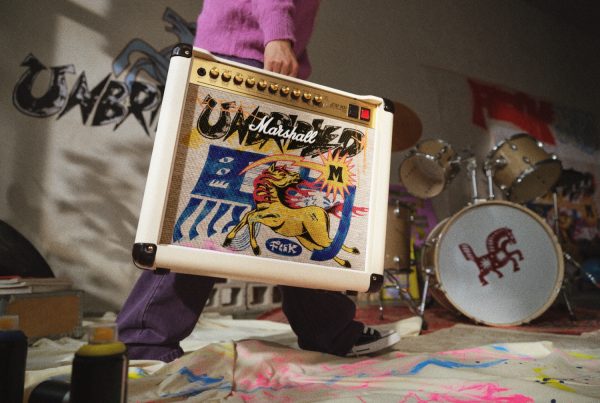
Jean-Claude Bastos empowers African tech talent through innovation platforms that turn local ideas into impactful, scalable solutions across the continent.
In the heart of Africa’s burgeoning technology ecosystem, one man’s vision has catalyzed innovation across the continent. Jean-Claude Bastos, founder of the African Innovation Foundation, has created a platform that empowers African innovators to solve local challenges through technology and entrepreneurship.
When Bastos established the AIF in 2009, he did so with a profound belief that Africa’s greatest resource was its people. “I believe that investing in innovation-led entrepreneurship will fuel economic diversification and create new job markets for Africans in a sustainable manner for the future,” he says.
Two years after founding AIF, Jean-Claude Bastos launched the Innovation Prize for Africa in partnership with the United Nations Economic Commission for Africa. The IPA quickly became a cornerstone for recognizing and supporting technological breakthroughs across the continent, focusing on sectors vital to Africa’s development: manufacturing, health care, agriculture, environment, energy, and information technology.
The impact of Bastos’s initiative was immediate and far-reaching. In 2012, the African Union and UNECA passed a resolution promoting an innovative society for Africa’s socio-economic transformation, inspired by the success of the IPA. This milestone marked a turning point in how African nations approached innovation and technology.
“African youth are right in the middle of a paradigm shift. Traditional jobs are no longer the sole source of employment, and reliance on natural resources alone will not address high youth unemployment rates. A new approach to unlocking Africa’s economic potential is required,” Bastos says.
Scientific Breakthroughs That Changed Lives
The IPA has identified and supported remarkable innovations that address critical African challenges. These winners represent the scientific ingenuity and practical problem-solving capabilities emerging from the continent.
In 2012, Professor Mohamed Sanad of Egypt won the inaugural prize for developing a low-cost, lightweight antenna for mobile communications. His technology has since evolved into commercial applications through his company, Amant Antennas, making communication more accessible across Africa.
The 2013 prize went to South Africa’s AgriProtein team for their revolutionary approach to nutrient recycling. They created an environmentally sustainable solution to address food security challenges by using biodegradable waste and fly larvae to produce natural animal feed.
Dr. Nicolaas Duneas and Nuno Pires from South Africa claimed the 2014 prize with their Osteogenic Bone Matrix, the first injectable bone graft substitute derived from bone morphogenetic proteins. This breakthrough transformed orthopedic medicine not only in Africa but globally.
The IPA has particularly spotlighted health care innovations that offer practical solutions to pressing health challenges. Moroccan researcher Adnane Remmal received the 2015 prize for developing an antimicrobial formula that reduces livestock health hazards and prevents drug-resistant bacteria transmission to humans through food consumption.
In 2016, Dr. Valentin Agon of Benin won with Api-Palu, an anti-malaria drug derived from natural plant extracts that proved effective and significantly more affordable than existing pharmaceutical options.
“A product for malaria [prevention] coming from Africa for Africans, this is my dream. My dream comes true because malaria is one of the biggest killers in Africa, and finding a solution based on natural products is just what I have been dreaming about,” Jean-Claude Bastos stated. “I am so proud of Dr Agon. We have followed what he has done very deeply for quite some time. He has spent 16 years researching what he is doing.”
The following year, Dr. Dougbeh-Chris Nyan of Liberia was recognized for creating a rapid test capable of detecting and simultaneously differentiating multiple infections that share similar symptoms, including yellow fever, malaria, and Ebola. His diagnostic tool delivers results in minutes rather than days, dramatically improving treatment outcomes.
Jean-Claud Bastos Talks Technology With Purpose
Bastos built an ecosystem for innovation with social impact at its core. “Prizes spark attention, but what innovators need most is long-term infrastructure — labs, mentorship, networks, and patient capital,” he explains. “The real goal was to lay down tracks for a system that could support African ingenuity from idea to impact.”
The success of the IPA goes beyond the prize money. The program has grown significantly since its inception, attracting applications from innovators across the African continent and truly becoming a pan-African initiative. Past winners have secured substantial investments to grow their businesses, creating a multiplier effect that extends well beyond the initial funding.
“I didn’t have financial ideas behind it, but more of a social concept. I created the foundation and the Innovation Prize with the goal of creating a platform to connect young innovators and entrepreneurs who have ideas with investors,” Jean-Claude Bastos says.
Today, the legacy of Jean-Claude Bastos’s vision continues to unfold across Africa. The continent’s innovation landscape has been transformed, with technology hubs emerging in cities from Cape Town, South Africa, to Cairo and Nairobi, Kenya, to Lagos, Nigeria.
What began as one man’s commitment to honoring his Angolan grandmother’s legacy has blossomed into a continental movement, empowering a new generation of African technology leaders who are solving local problems with global implications.
“The true power of innovation in Africa isn’t measured by the size of investments or the number of patents,” says Bastos. “It’s measured by how many lives are improved, how many communities are strengthened, and how many young people now see a path forward without leaving their homeland. When we invest in African innovation, we’re building businesses and a self-determined future where Africans lead the solutions to African challenges, when Africans can be proud to be Africans and want to stay in Africa to contribute to a homegrown prosperity.”


























































